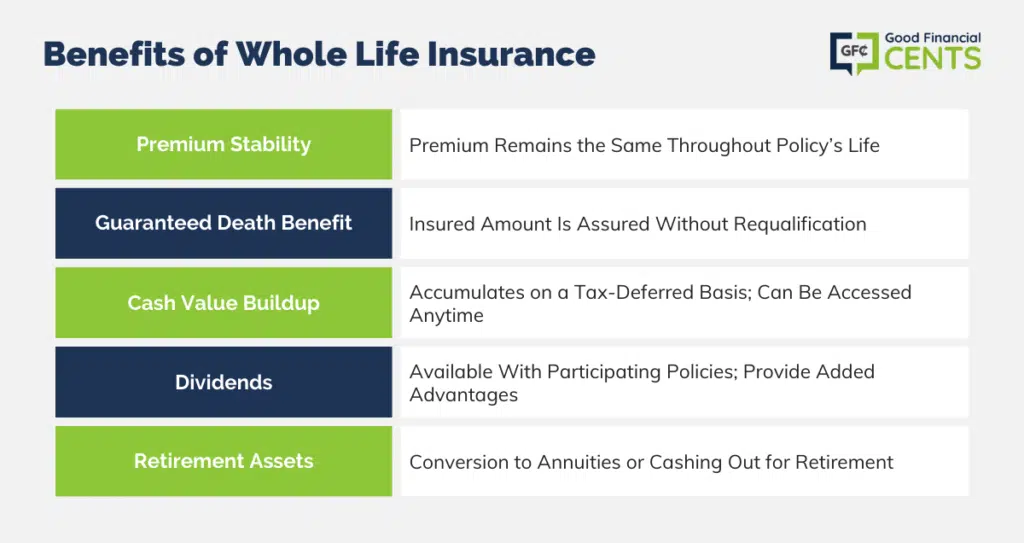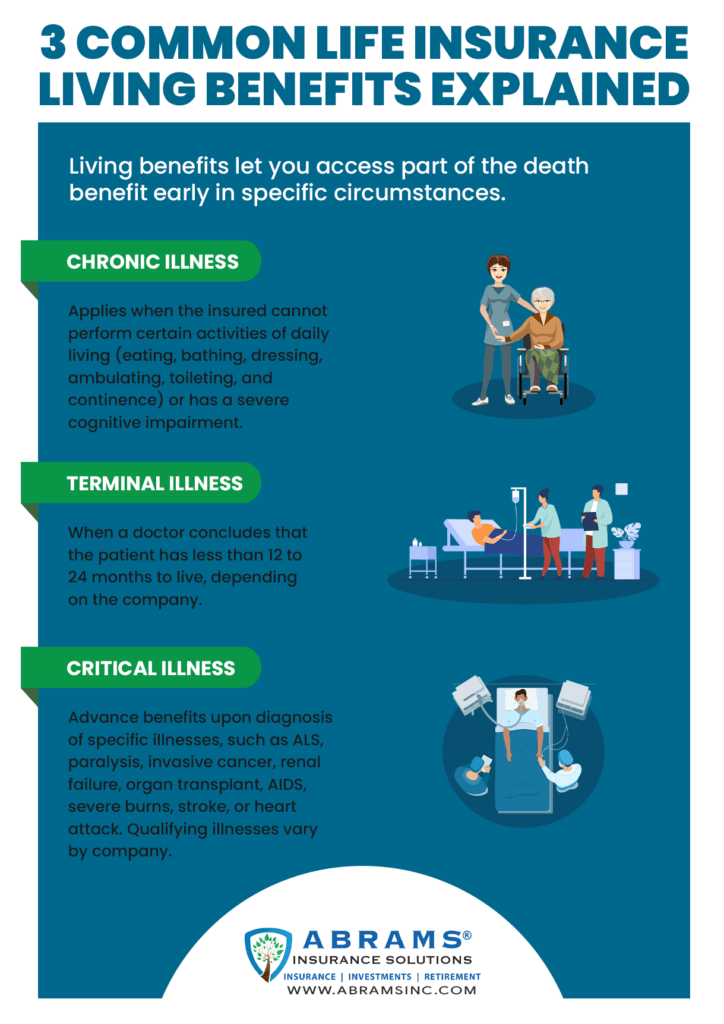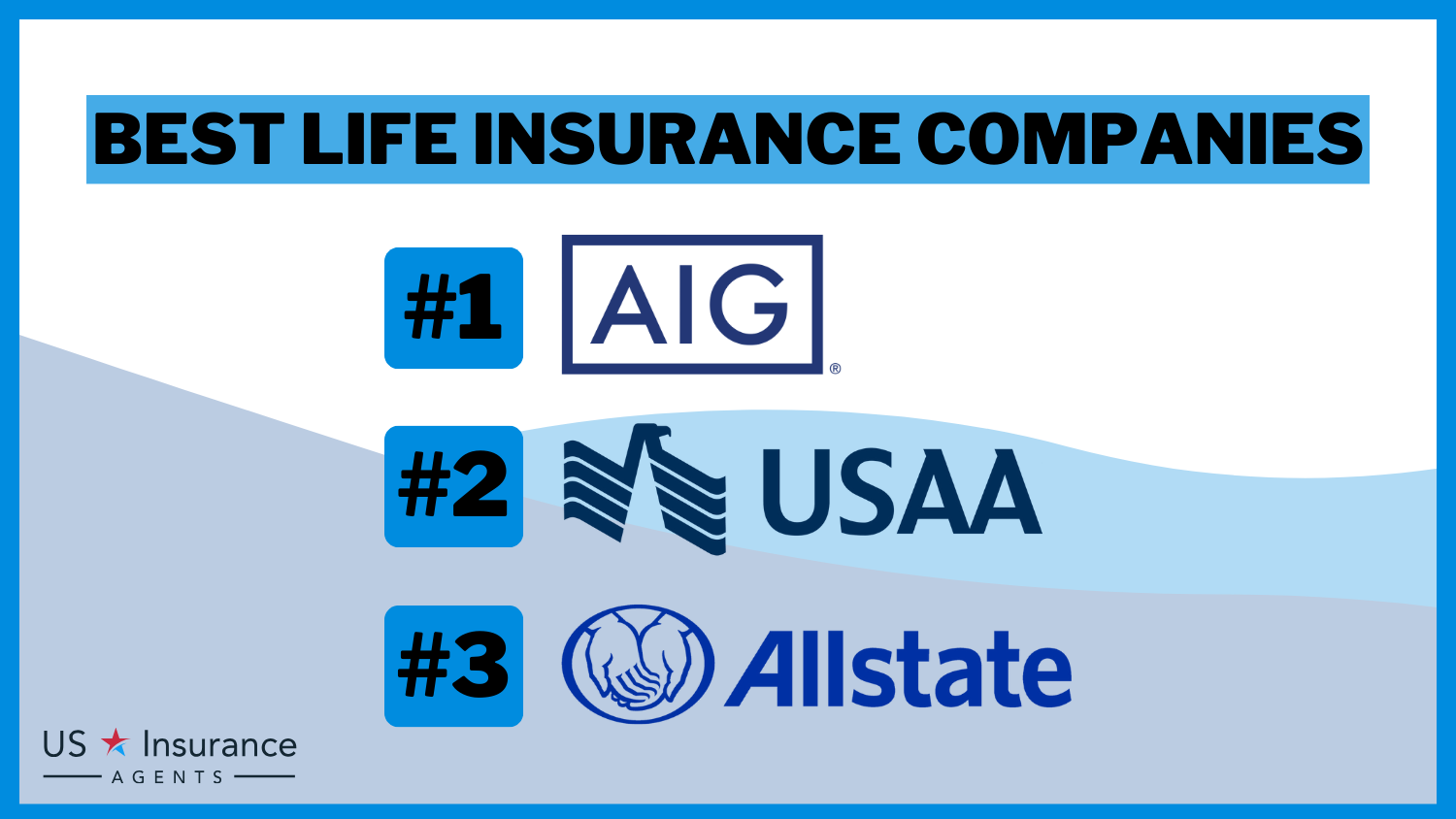If you’ve been involved in a car accident, you may be wondering what happens if you get sued. Here’s a look at what you can expect:
- You will be served with a lawsuit. This document will state the claims against you and the amount of damages being sought.
- You will need to respond to the lawsuit. You will have a certain amount of time to file an answer to the complaint. Your answer will admit or deny the allegations in the complaint and may include counterclaims.
- The case will go to discovery. This is a process of gathering evidence from both sides. This may include depositions, interrogatories, and requests for production of documents.
- The case may go to trial. If the parties cannot reach a settlement, the case will go to trial. A jury will hear evidence and determine whether you are liable for the damages being sought.
- You may be ordered to pay damages. If you are found liable, you may be ordered to pay damages to the plaintiff. This could include medical expenses, lost wages, pain and suffering, and other damages.
Getting sued in a car accident can be a stressful experience. However, it’s important to remember that you have rights. You should speak to an attorney to discuss your options and protect your interests.
What Happens if You’re Sued in a Car Accident?
Getting sued after a car accident can be a stressful and confusing experience. If you find yourself in this situation, it’s essential to understand your rights and the potential consequences you may face. Here’s a comprehensive guide to what can happen when you get sued in a car accident.
Liability and Allegations
In a car accident lawsuit, the plaintiff (the person suing you) alleges that you are liable for their injuries or property damage. The burden of proof is on the plaintiff to demonstrate that you were negligent and caused the accident. This means they must prove that you breached your duty of care as a driver, which resulted in the injuries or damages they claim to have suffered.
Depending on the specific circumstances of the accident, the plaintiff may allege various forms of negligence, such as reckless driving, speeding, distracted driving, or violating traffic laws. They may also claim that your vehicle was defective or poorly maintained, contributing to the accident.
It’s important to carefully review the allegations in the lawsuit and consult with an attorney to prepare a defense. You may have counterclaims or defenses that can mitigate your liability, such as arguing that the plaintiff was partially or completely at fault for the accident.
After the lawsuit is filed, the parties involved will engage in a process of exchanging information and documents, known as discovery. This process involves sharing evidence, witness statements, and other relevant materials to build their respective cases.
During this phase, your attorney will assess the strength of the plaintiff’s case and advise you on whether to negotiate a settlement or proceed to trial. Settlement negotiations involve reaching an agreement with the plaintiff to compensate them for their injuries or damages without going through a trial.
If a settlement cannot be reached, the case will proceed to trial. At trial, a jury or judge will hear evidence and arguments from both parties and determine whether you are liable for the plaintiff’s injuries or damages. The outcome of the trial can result in a judgment in favor of the plaintiff, awarding them compensation, or a judgment in your favor, dismissing the lawsuit.
Getting sued in a car accident can be a daunting experience, but understanding your rights and the legal process involved can help you navigate this challenging situation. By working with an experienced attorney, you can protect your interests and make informed decisions throughout the lawsuit.
What Happens When You Get Sued in a Car Accident?
Being involved in a car accident is stressful enough, but getting sued after the incident can make matters even worse. If you find yourself on the receiving end of a lawsuit, it’s crucial to understand the process and know what to do next. Here’s a comprehensive guide to help you navigate the legal complexities involved.
1. Get Legal Help
Hiring an attorney is the first and most important step you should take. An experienced car accident lawyer can provide invaluable guidance, protect your rights, and work towards negotiating a fair settlement on your behalf. They will navigate the legal complexities, communicate with the other party’s insurance company, and represent you in court if necessary. Don’t hesitate to reach out to a reputable attorney as soon as possible after being sued.
2. Gather Evidence
Documenting the accident is crucial for building a strong defense. Collect any evidence you can, including photos of the damage, a police report, medical records, witness statements, and any other relevant documentation. Keep a detailed record of all expenses related to the accident, such as medical bills, car repairs, and lost wages. This evidence will be essential for proving your case and supporting your claim for compensation.
3. File a Response
Once you’ve been served with a lawsuit, you have a limited amount of time to file a formal response. The response should clearly state your position on the allegations made against you, including any defenses you have. Your attorney will help you draft a comprehensive response that addresses all the claims and protects your legal rights.
4. Discovery Phase
After filing a response, the discovery phase begins. During this process, both parties exchange information and evidence related to the case. This includes interrogatories, requests for production of documents, and depositions. Cooperate fully with your attorney during this phase to gather as much information as possible to support your case.
5. Settlement Negotiations
In many cases, car accident lawsuits are settled out of court through negotiations between the parties. Your attorney will represent you in these negotiations and work towards obtaining a fair settlement that compensates you for your damages. Settlement negotiations can be complex and time-consuming, so it’s important to have an experienced attorney guiding you through the process.
6. Trial
If settlement negotiations are unsuccessful, your case may proceed to trial. In court, both sides will present their evidence and arguments, and a jury or judge will determine the outcome. Trials can be stressful and unpredictable, so it’s crucial to have a skilled attorney representing you and presenting your case effectively.
What Happens When You Get Sued in a Car Accident?
After a car accident, you might initially feel relieved if no one appears to be severely injured. However, the aftermath can be just as stressful, especially if you’re facing a lawsuit. Here’s a detailed breakdown of what you can expect if you find yourself in this unfortunate situation:
1. Police Investigation
Following the accident, the police will investigate to determine who was at fault. They’ll assess the damage, collect witness statements, and consider any factors that contributed to the crash. Based on their findings, they’ll issue a report that can play a crucial role in the subsequent legal proceedings.
2. Insurance Claim
If the other driver sustains injuries or damages, they’ll likely file a claim with their insurance company. Your insurance provider will investigate the incident and negotiate with the other party on your behalf. Depending on the circumstances, you may be responsible for paying a portion of the damages or even the entire bill.
3. Lawsuit is Filed
If the investigation determines that you were responsible for the accident, the other driver may file a lawsuit against you seeking compensation for their damages. This could include medical expenses, lost wages, pain and suffering, and property damage.
4. Discovery
Once a lawsuit is filed, both parties enter a discovery phase. This involves exchanging information, such as medical records, insurance policies, and witness statements. Attorneys may also conduct depositions, where they question the parties involved under oath. This process is crucial for building a strong case and identifying potential weaknesses in the opposing party’s arguments.
5. Settlement Negotiation
Before going to trial, most cases go through settlement negotiations. Lawyers for both parties will attempt to reach an agreement that compensates the victim for their damages without the need for a lengthy and costly trial. If a settlement can’t be reached, the case will proceed to trial.
6. Trial
If settlement negotiations fail, the case will go to trial. A jury will hear the evidence, weigh the arguments, and determine whether the defendant is liable for the accident and the amount of damages the plaintiff deserves. The trial can be a lengthy and adversarial process, so it’s crucial to have experienced legal representation throughout.
7. Appeal
If either party disagrees with the outcome of the trial, they may appeal the decision to a higher court. The appellate court will review the lower court’s ruling and determine whether there were any errors that warrant overturning or modifying the verdict.
What Happens When You Get Sued in a Car Accident?
Imagine this: you’re cruising along, minding your own business, when suddenly, bam! Another car barrels into yours. You’re disoriented, shaken, and wondering what just happened. If the other driver decides to sue you, it can leave you feeling even more overwhelmed. But don’t panic just yet. Here’s a step-by-step guide to help you navigate the process.
1. Seek Medical Attention
First things first, it’s crucial to seek medical attention, even if you feel fine. Some injuries, like whiplash, may not manifest immediately. Getting checked out will ensure you get the proper treatment and documentation for your injuries.
2. Contact Your Insurance Company
As soon as possible, notify your insurance company about the accident. They’ll assign you a claims adjuster who can help guide you through the process and determine whether they’ll cover the damages.
3. Gather Evidence
Collect as much evidence as you can at the scene of the accident. Take photos of the damage, exchange information with the other driver(s), and get contact details from any witnesses.
4. Hire an Attorney
If the other driver sues you, consider hiring an attorney. They can represent you, negotiate with the other driver’s attorney, and help you understand your legal rights.
5. Negotiate a Settlement
In many cases, car accident lawsuits are settled out of court through negotiations. Your attorney will work to reach a fair settlement that covers the other driver’s expenses, including medical bills, lost wages, and pain and suffering. Negotiations can be complex, involving multiple factors such as the severity of the injuries, the at-fault party’s insurance coverage, and the potential for future medical expenses. Your attorney will carefully consider these elements to negotiate a settlement that protects your interests and minimizes your financial burden.
6. Go to Trial
If negotiations fail, the case may go to trial. Trial proceedings can be lengthy and stressful, so it’s essential to have an experienced attorney on your side who can effectively represent you in court.
Being sued after a car accident can be a daunting experience, but following these steps can help you navigate the process effectively. Remember, you have rights, and with the right guidance, you can protect them.
What Happens When You Get Sued in a Car Accident?
Getting sued after a car accident can be a stressful and confusing experience. It’s crucial to understand the potential consequences and legal processes involved. Here’s a comprehensive guide to help you navigate this situation:
1. Contact Your Insurance Company
After an accident, it’s imperative to contact your insurance company immediately. They will provide legal representation and help guide you through the claims process. Your insurance policy may cover the costs of damages and legal fees, but it’s essential to understand your coverage details.
2. Obtain a Copy of the Lawsuit
Once you’ve been served with a lawsuit, carefully review the document. It will outline the plaintiff’s claims against you and the damages they are seeking. If you have any questions or concerns, consult with your attorney.
3. Respond to the Complaint
You have a limited time to respond to the lawsuit, usually 14 to 30 days. Failure to respond can result in a default judgment being entered against you. Your attorney will help you prepare a response that admits or denies each claim in the complaint.
4. Discovery Phase
Both parties will engage in the discovery phase, which involves exchanging documents, interrogatories, and taking depositions. This process aims to gather information and evidence to support their respective claims.
5. Settlement Negotiations
At any point during the legal process, parties can attempt to reach a settlement. This involves negotiating an agreement to resolve the case without going to trial. If a settlement is reached, it will dismiss the lawsuit.
6. Trial
If a settlement cannot be reached, the case will proceed to trial. The jury will hear evidence and determine if the defendant was at fault and whether the plaintiff is entitled to compensation. The trial process can be lengthy and complex, involving witness testimony, expert opinions, and legal arguments. If found liable, the defendant may be ordered to pay damages to the plaintiff, including medical expenses, lost wages, pain and suffering, and punitive damages in some cases.




Leave a Reply